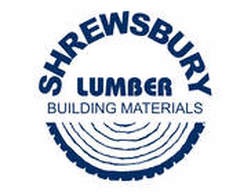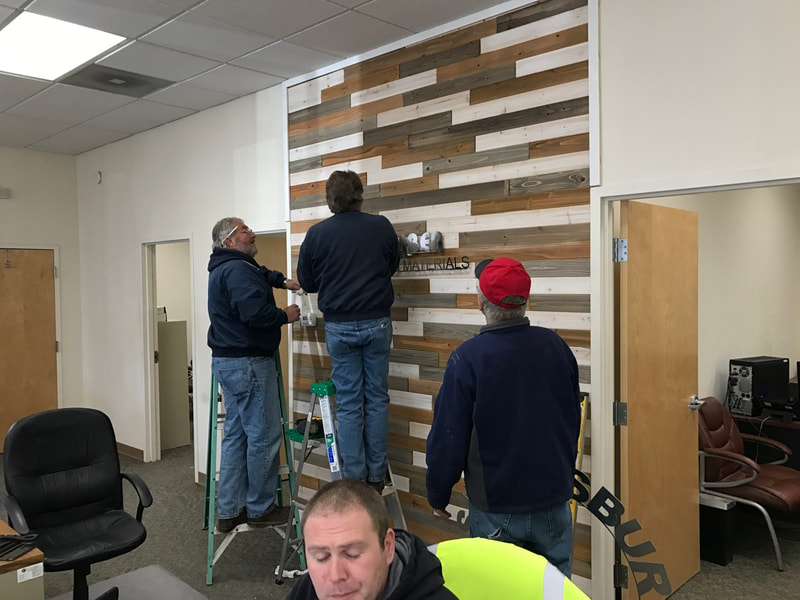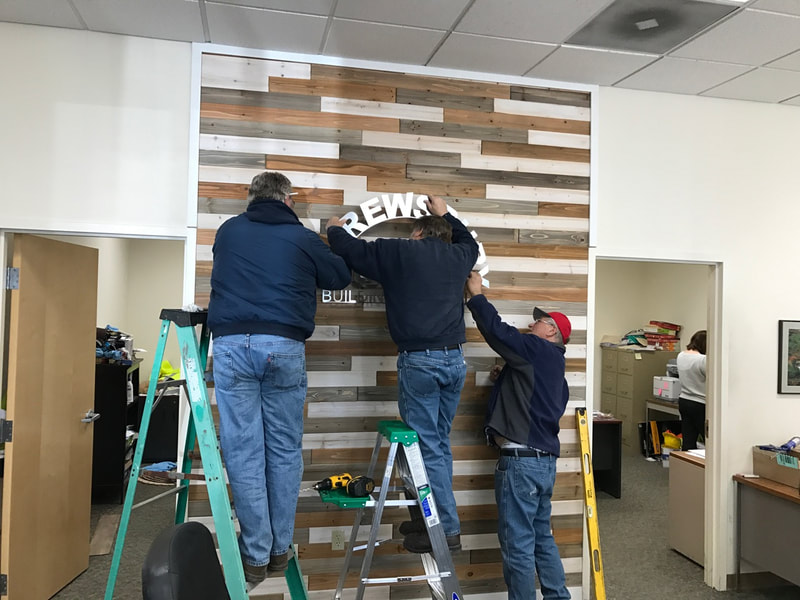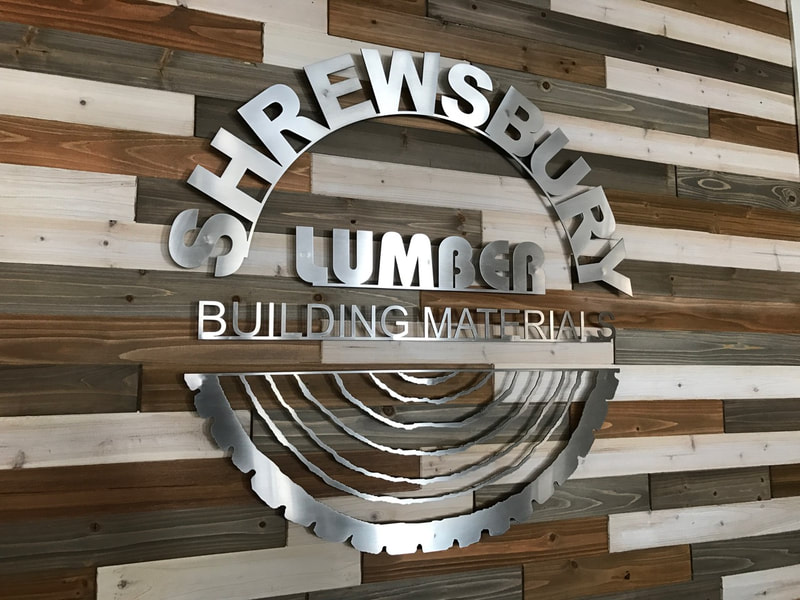|
R&B superstar R. Kelly can add a long list of building code violations to a career already rocked by allegations of sexual misconduct and physical abuse. Kelly’s Chicago recording studio was recently found to be in violation of 67 building codes running the gamut of everything from a staircase not properly secured to a wall to a steam room and sauna built without permits. Most significantly, remarked Kimberly Roberts, attorney for Chicago’s Law Department, “the entire recording studio was built without plans or permits issued, which means we have no way of knowing what’s behind the walls.” If the court determines that Kelly did make substantial modifications to his studio without the proper permits he could incur thousands of dollars in fines. Worcester area contractor and certified building inspector Carl Lund commented that many ordinary people fail to recognize the importance of pulling a permit. What homeowners typically don’t understand, Lund explained, is the cost of bringing a project to code at a later date. Even if the project was completed years earlier, current code requirements need to be respected. It is usually far cheaper to take out a permit when the work is first done than to run the risk of having to tear down walls, pull out plumbing or wiring, or even to shore up a foundation, to bring the project to code in the present. Additions and remodels completed without permits can cause a litany of problems for homeowners. If discovered by a potential buyer, the sale price could take a direct hit. Some buyers might prefer to walk away rather than take on the expense of bringing a building to code. In some cases, substandard work could result in costly construction failures. Alon Toker, president of the Los Angeles area chapter of the National Association of the Remodeling Industry, recalled one homeowner suffering over $140,000 in flooring damages because an unlicensed worker installed plastic rather than rubber tubbing when connecting an ice maker in the family’s main living space.
Many homeowners make the mistake of thinking that it not worthwhile to take on the extra cost of permits and the delay of waiting for a building inspector. When ducking the building codes, Popular Mechanics highlights several common mistakes made by over eager DIYers. 1) Running your bathroom vent into an enclosed attic is a code violation because it can lead to the dangerous build up of mold and could weaken the structural integrity of the wood. 2) Improperly wiring outlets into junction boxes could result in fires. 3) Installing handrails on stairways without making sure they terminate in 90 degree turns directly into the wall could contribute to a serious fall. 4) Failing to properly secure a deck to your house with a ledger board could literally kill the party. 5) Improperly wiring or placing smoke and fire detectors could be even more lethal. Even when you do take out a permit, keep in mind that it is ultimately the responsibility of the contractor and homeowner to make sure that permits are closed with a final inspection. Sam Houghton of the Cape Cod Enterprise reports that many homeowners are completely unaware of permits that were never closed. For builders, Houghton writes, it is often not a priority to complete the final inspection. Swamped with request for thousands of permits a year, local building department can’t keep track. Often, it is only when a house is up for sale that homeowners become aware of a permit that was never closed. Unsure about which types of work require building permits? Most building departments post detailed guidelines on their websites. For the town of Shrewsbury, “When is a Building Permit Required?” is the question at the top of Shrewsbury’s Office of the Building Inspector’s on-line FAQ list—although the answers to these questions are expressly qualified as general guidelines and in no way “legally binding.” A building permit is required whenever a project includes construction, reconstruction, alteration, repair, removal or demolition of a structure; change in use of a building or structure; or installation or alteration of any equipment that is regulated by the State Building Code. This includes, but is not limited to, new structures, additions, dormers, chimneys, wood stoves, decks, roofing, siding, swimming pools, antennae, and sheds. The only exception is an ordinary repair. (Shrewsbury Office of the Building Inspector) Thinking about ducking the codes? Think twice and take time to inform yourself about your local building codes. For your personal safety, peace of mind, and financial security, pulling a permit could be the best decision you ever make. Sources: Jeff Collins, “Do you really need a building permit? The decision could cost you,” The Orange County Register, September 9, 2014. Jill Chodorov Kaminsky, “If you think getting a building permit for a home renovation is a hassle, here’s what can happen if you don’t have one,” The Washington Post, July 31, 2018. Sam Houghton, “Unresolved Building Permits Can Pose Problems For Homeowners,” The Enterprise, August 29, 2014. Jason Meisner, “Judge orders 2nd-flooring living quarters closed at R. Kelly’s recording studio after fire hazards found,” Chicago Tribune, January 23, 2019. John Rita, “7 Building Code Violations You Should Definitely Avoid,” Popular Mechanics, October 7, 2015. Conversation with Carl Lund, Worcester area contractor and certified building inspector.
25 Comments
|
AuthorRick Derderian is the sales manager at Shrewsbury Lumber. He has years of experience working with contractors who do everything from back yard decks and additions to new hotels, schools and apartment buildings. This blog aims to share perspectives and to encourage responses that might help with your project. Archives
May 2019
Categories |




 RSS Feed
RSS Feed



